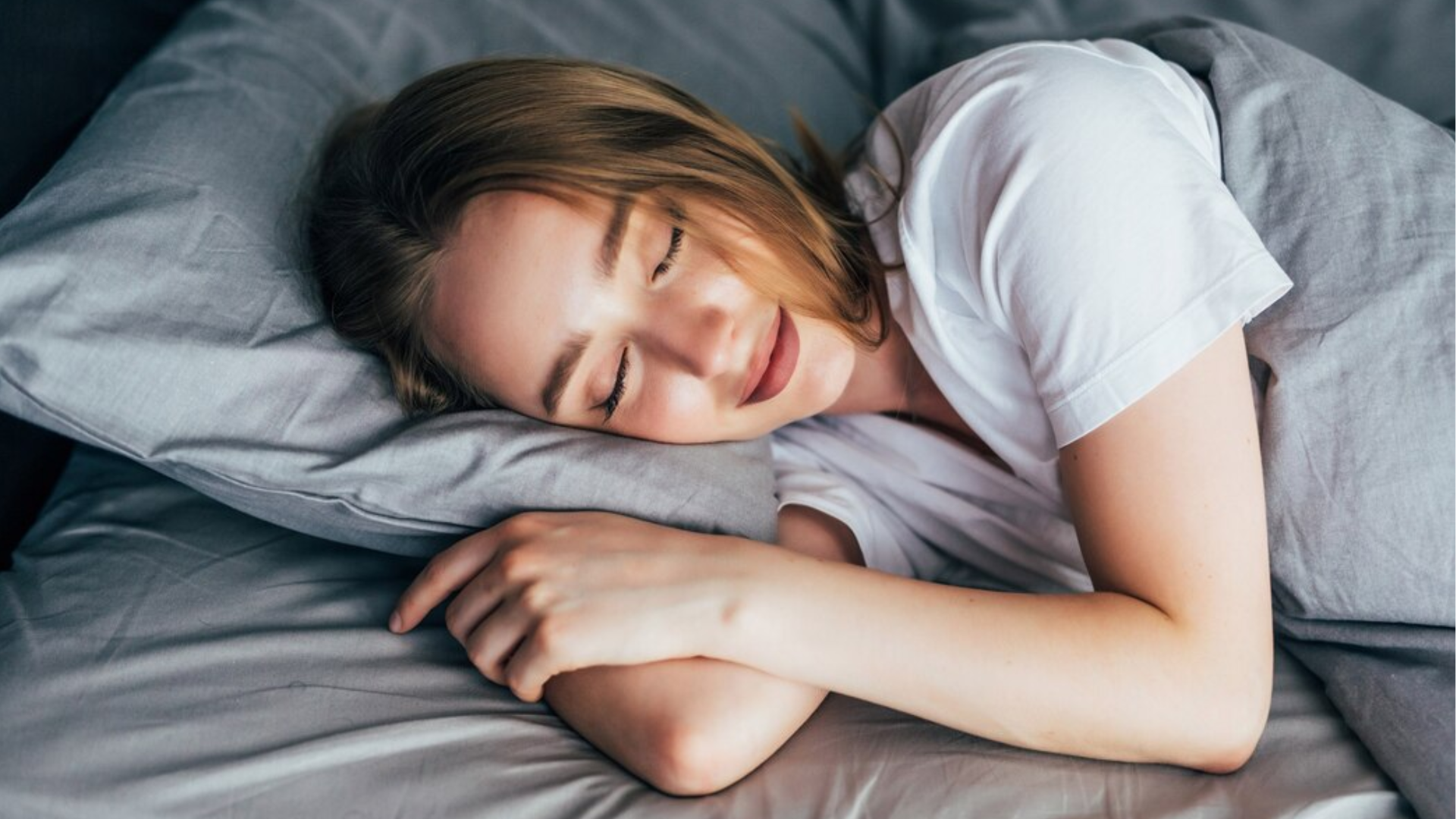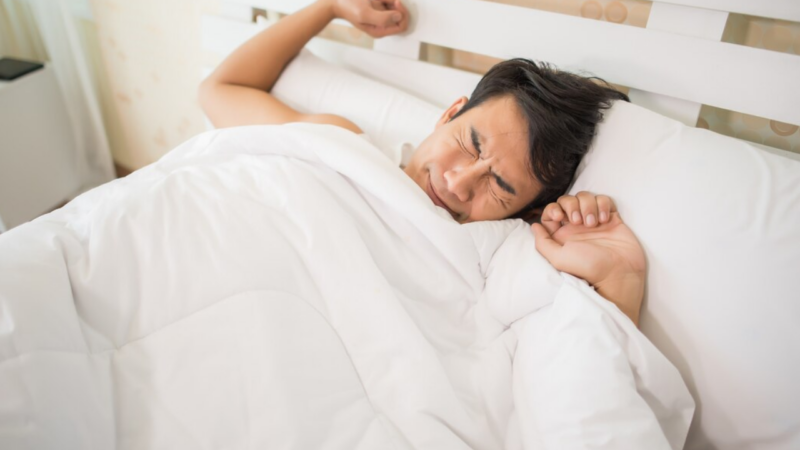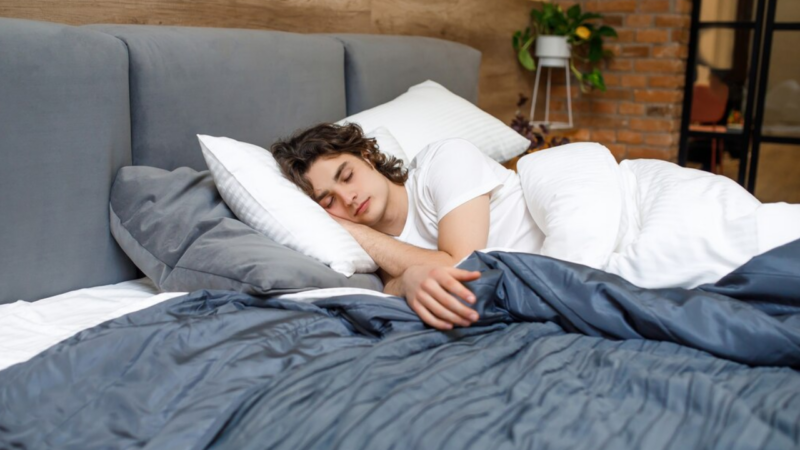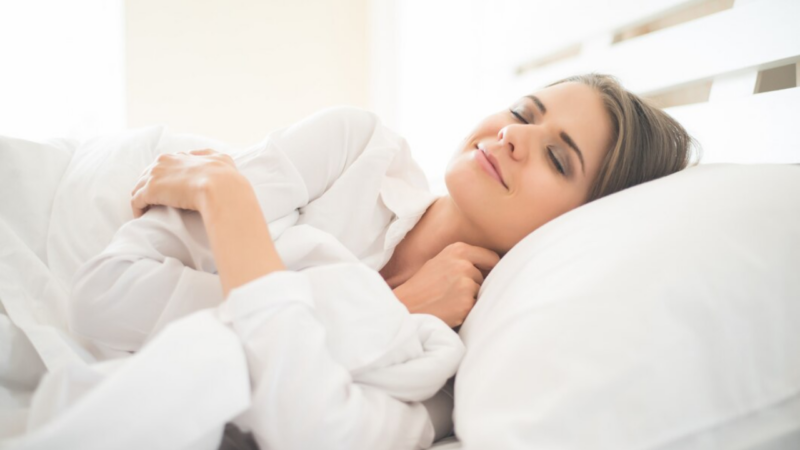
Sleep Tight: Learn to Sleep Peacefully Every Night
Sleep is an unappreciated need that is pertinent to an individual’s general health and well-being. It is during this stage of sleep that one’s bodies make all the necessary repairs, rejuvenation, and preparation for tomorrow.
Sleep being an instinctive and natural activity is shortchanged by the current lifestyles that bother much with stress, distractions, and irregular routines; hence, becoming one huge sleep crisis. Read on to find out why sleep is such an important activity, common sleep disorders, and some helpful tips for improving sleep.
Why Sleep is Important

Physical – “The body rebuilds and repairs tissues that become damaged during the day builds muscle, strengthens the immune system, and grows in some ways – and just like our cars, the body needs regular tune-ups to run well.”
Cognitive: “Sleep is the time when memory consolidation, learning, and problem-solving skills occur; it’s the period when a person processes the information accumulated and makes better decisions in most situations.” Emotional Regulation: Proper sleep has been associated with improved mood, reduced stress levels, and better emotional resilience.
Chronic Disease Prevention: The condition of sleeplessness predisposes one to chronic diseases such as cardiac disease, obesity, diabetes and hypertension
Common Sleep Disorders
- Insomnia Failure to fall asleep maintaining sleepiness or waking up too early.
- Sleep Apnea: Interruptions in respiration during sleep which generally is triggered by snoring, gasping, or choking
- Narcolepsy: Drowsiness during the day with sudden attacks of sleep
- Restless Legs Syndrome: Restlessness in the legs with discomfort and pains.
- Sleepwalking and Sleep Talking: An individual is able to carry out complicated tasks but may still be almost asleep.

How to Sleep Better
- Sleep in a Sleep-Promoting Environment: your bedroom should be dim, quiet, and cool. Sack up some good mattresses and comfortable pillows.
- Stick to the Same Schedule Daily: go to bed and wake up at the same time of the day even during weekends.
- Limit any electronic device usage by a few hours before bed because of the emission of blue light that affects sleep.
- Reduce Stress: Generate some time for relaxation by meditation, deep breathing, and yoga.
- Limit Stimulants and Alcohol: Try to decrease alcohol and stimulants like caffeine, especially before bed.
- Regular Exercise: Exercise but not near bedtime.
- Monitor Your Diet: Avoid big meals when it is almost bedtime and drink plenty of water throughout the day.
- Consult Health Professionals: If you have persistent problems with sleep, consult with a healthcare professional or a sleep specialist for diagnosis and treatment.

Establish Gentle Sleep Practices
- Rhythm of your Sleep Pattern: Try as much as possible, to fall asleep and wake up at the same time every day even on weekends. This will prepare your body’s biological clock.
- Develop an unwinding bedtime routine. Some soothing bedtime routines include a warm bath or reading a book before bed, you can also try meditating before bed.
- Dim the lights: Bright lights suppress your body’s production of melatonin and sleep less.
- Sleep environment: Create your bedroom as dark, quiet, and cool. Invest in a comfortable mattress and pillows.
Improving Your Sleep Hygiene
- Limit Screen Time: The blue light of electronic devices may also trigger sleep disturbance. Use the screen for less than one hour before bedtime.
- Rehydrate. Level Your Caffeine and Alcohol: Cut down on your caffeine intake even for late afternoons and evenings. Similarly, a high level of alcohol will also interfere with your sleep.
- Healthy Dieting: Do not have heavy meals at night. Instead, take light snacks that are easily digestible if you need to wake up for the call of nature.
- Stress Management: The best technique of all is stress management. Try deep breathing, yoga, or mindfulness meditation.
Hidden Sleeping Disorders
- Consult a Physician: If one cannot get good sleep even after maintaining a healthy lifestyle, consult a doctor and rule out all medical causes.
- Sleep Apnea Cure: Once you are diagnosed with sleep apnea, you should seek a hospital visit, and then you should come up with a treatment scheme using CPAP
- Restless Leg Syndrome Cure: Once you are diagnosed with a restless leg, ask your doctor for any possible treatment and lifestyle changes.
Natural Treatments for Sleep
- Herbal Teas: The consumption of herbal teas in substances like chamomile, valerian root, or lavender can cause sleepiness
- Aromatherapy: Lavender and bergamot essential oils will create an atmosphere that induces sleepiness.
- Melatonin Supplements: Melatonin can be supplemented with the prescription of a doctor. This is because melatonin reacts with certain drugs.
- Chamomile: This herb contains chemicals that soothe the nervous system. Traditionally, it is used before sleeping; these are usually a soothing, good sleepy tea.
- Valerian Root: Valerian root has been used for centuries to treat insomnia and nervousness. Chemical compounds in the valerian root may aid in regulating the sleep-wake cycle.
- Lavender: Lavender tea is soothing, and fragrant, and has been used for its ability to soothe and relieve.
- Aromatherapy: Aromatherapy is the technique of using plant-based essential oils to create balance, and maintain, and restore physical and emotional well-being. Some essential oils produce a calming and soothing effect on the mind and body and hence help one sleep.
- Lavender: Lavender oil is pretty prevalent for its sedative properties. If you diffuse lavender oil in your bedroom, it gives you a soothing atmosphere and makes you fall asleep.
- Bergamot: Bergamot oil has a citrusy fragrance, refreshing, and calming. It can be of great use to reduce stress levels that might become causes of anxiety thus enabling someone to have better sleep.
Melatonin Supplements
Melatonin is the hormone in the body, which regulates periods of sleep and wakefulness. The supplement of Melatonin is greatly used for curing insomnia or jet lag. It is still safe to see a doctor before taking melatonin since it can contribute to drug interference.
Remember that even though these natural remedies may be helpful to many, individual responses can vary so widely. Therefore, if you suffer from sleep disorders, seek a proper diagnosis and the proper course of treatment plan from a professional doctor.
Further Tips to Have That Perfect Slumber
- Exercise regularly: Exercise regularly, but avoid some extreme measures that you may take at night.
- Hydrate: Hydrate as much as you can throughout the day. Avoid hydrating too much at night, lest you need to wake up during the night to urinate.
- Mindful Slumber: Worrying in bed or mind-wandering, work on cultivating mindfulness over this
- Be Patient: Change only comes so fast. Be patient and firm with changes in sleep.

Relaxation Techniques
- Deep Breathing: Take slow breaths in, and imagine you are filling up your abdomen and letting it expand. This might lead your head and body to relax.
- Progressive Muscle Relaxation: Begin by contracting and relaxing the muscles inside your body from your toes up.
- Guided Imagery: Visualize a calm scenario before this could be the sea or a forest.
Mindfulness and Meditation
Take note of your breath, being free from judgment. Identify sensations the air gives you and takes away from you.
Body Scan Meditation: Concentrate your attention on each part of your body and identify the feelings and tension spots.
Controlling Your Thoughts
- Decrease the Negative Thoughts: Replace negative thoughts with comforting self-statements as soon as they come into your head.
- Redirect the Mind: Do a detour of your thoughts, getting back on track from worrying by changing the thought to one with neutral activity, for instance, counting backwards.
Conclusion
All these can fit into your daily routine, and they sure will improve the quality of your sleep as well as your general overall well-being. A relaxing sleep environment, practice of relaxation techniques, and working out problems help you achieve a better chance of falling asleep fast and having restful nights. Just be consistent. Be patient and persistent as you work at cultivating good sleep habits.



